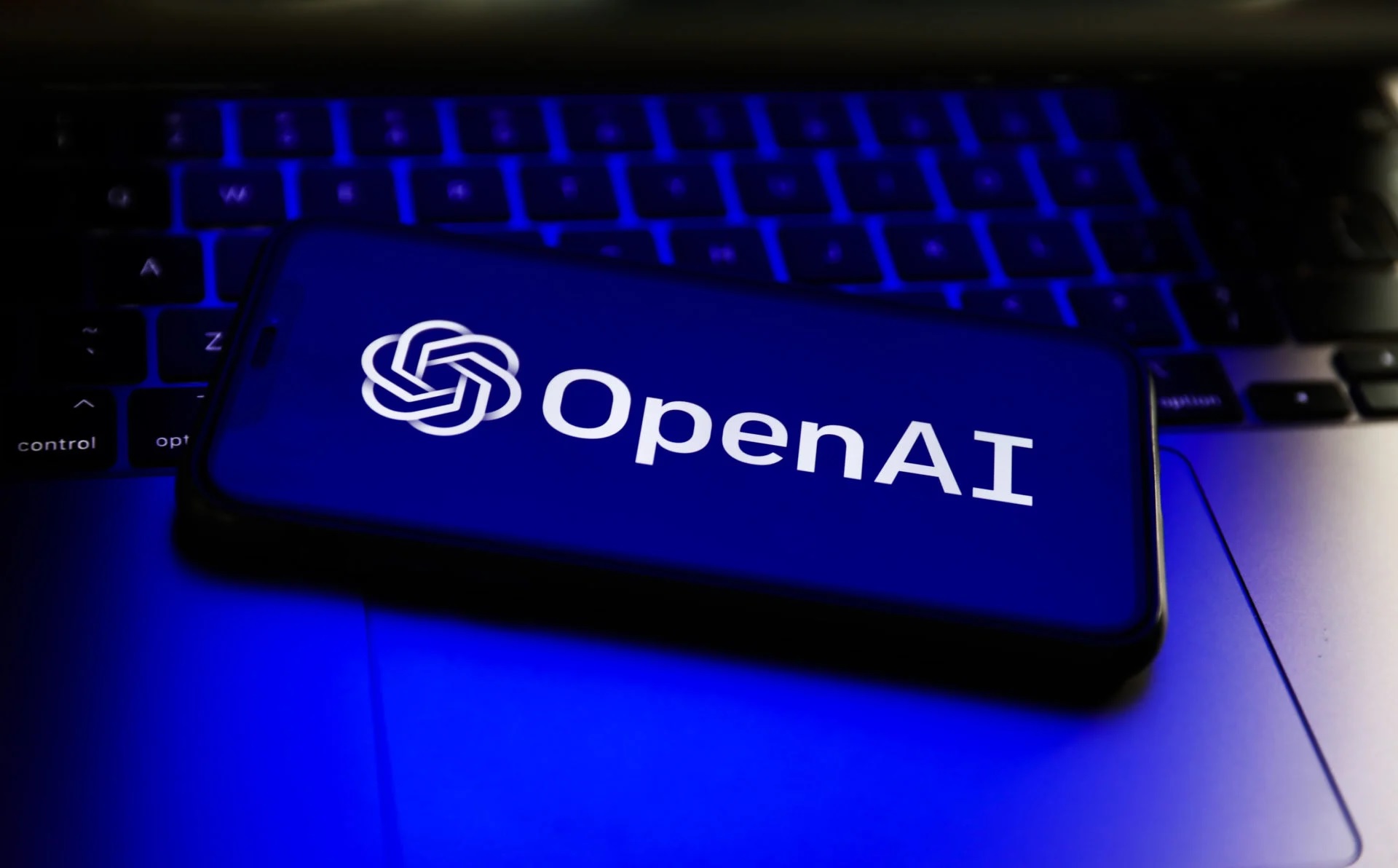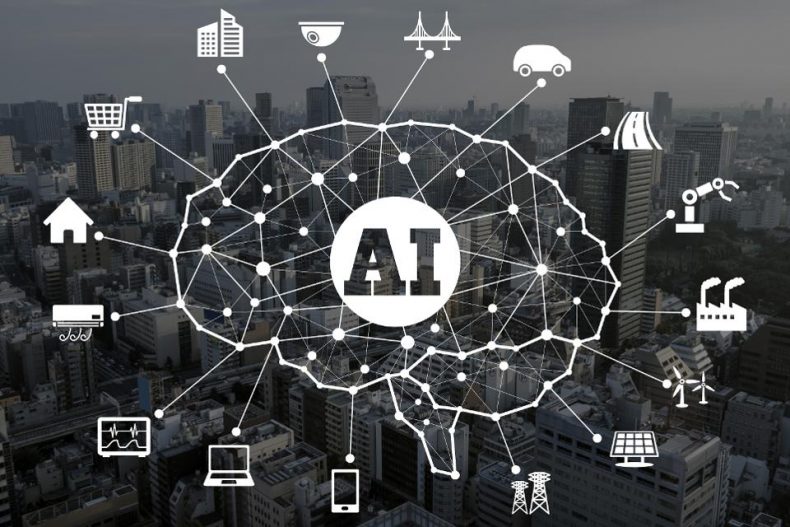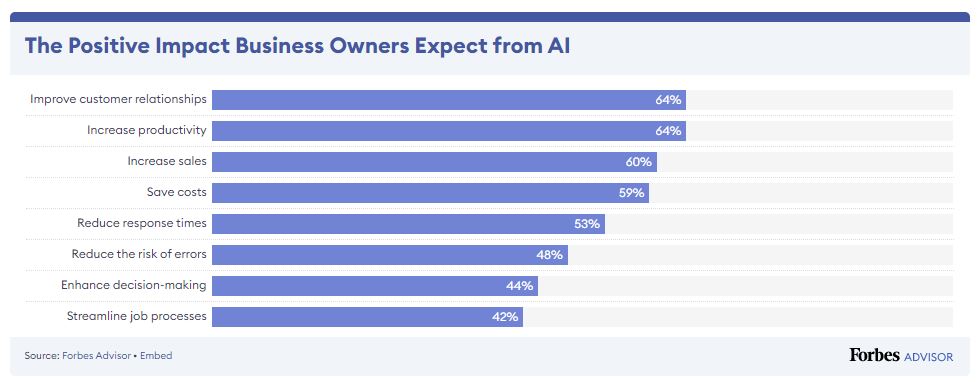
As a CEO or CFO of a small company, managing finances effectively is crucial, yet the ever-increasing complexity of business operations, market fluctuations, and evolving regulations can be daunting. Without the right tools, achieving stability and growth can feel overwhelming. Fortunately, advances in Generative AI (GenAI), Large Language Models (LLMs), and Agentic models are unlocking new opportunities to streamline and optimize financial management processes.
By leveraging these advanced technologies, small companies can address a wide range of financial challenges, including cash flow forecasting, budgeting, compliance management, financial reporting, and even strategic decision-making. Partnering with consulting firms like Labs8, which specializes in implementing AI solutions, can help you unlock the full potential of these tools. In this article, we’ll explore some key use cases for GenAI, LLMs, and Agentic models in financial management and how Labs8 can assist your company in adopting them effectively.
Automated Financial Reporting and Insights at Your Fingertips
One of the biggest pain points for small companies is the time and resources required for financial reporting and analysis. GenAI and LLMs can revolutionize this process by automating report generation, data analysis, and summarization. Reports that traditionally take hours or even days to prepare can now be produced in minutes, with insights drawn directly from your company’s financial data.
For instance, an LLM can read and interpret vast amounts of financial data, including balance sheets, income statements, and cash flow statements, to generate concise reports. These AI models can also highlight trends, flag discrepancies, and provide forecasts based on historical data patterns. By partnering with Labs8, you can seamlessly integrate these AI-driven reporting systems into your workflow, automating routine tasks while gaining better insights into your financial health.
Cash Flow Forecasting: AI for Smarter Predictions and Budgeting
Maintaining a healthy cash flow is essential for any small business. CEOs and CFOs need accurate cash flow forecasts to meet financial obligations, invest in growth, and prepare for unforeseen challenges. GenAI and Agentic models can enhance cash flow forecasting by providing more accurate predictions based on real-time data and market conditions.
AI-driven models can analyze various factors, such as seasonal trends, market fluctuations, client payment histories, and macroeconomic indicators. This allows companies to create more precise forecasts and make proactive financial decisions. Labs8 can help design and implement these models, fine-tuning them to reflect your company’s unique financial structure. They can also set up budget optimization tools powered by GenAI, helping you allocate resources more effectively and avoid overspending.
Stay Ahead with AI-Powered Risk Management and Fraud Detection
Financial risk management is another area where AI can make a substantial impact. LLMs and Agentic models can analyze both internal and external data sources to identify potential risks before they materialize. For example, these models can assess risks associated with new business ventures, identify vulnerabilities in financial operations, or monitor transactions for signs of fraud.
GenAI models can be programmed to flag unusual patterns in financial data that may indicate fraudulent activity or compliance issues. By constantly monitoring transactions and comparing them against typical business behavior, the AI can alert your finance team to potential risks in real time. Labs8 can support you in integrating these risk management tools, ensuring strong financial controls while minimizing exposure to risks.
AI as Your Strategic Advisor for Better Decision-Making
Strategic decision-making often requires analyzing vast amounts of financial data and considering multiple scenarios. For a CEO or CFO, this can be a daunting task, especially in a fast-paced, resource-constrained environment. GenAI and LLMs can act as strategic advisors, helping you make informed decisions by synthesizing large volumes of data, simulating different scenarios, and providing actionable recommendations.
For instance, if you’re considering expanding into a new market, an AI model can analyze financial and market data, compare it with historical trends, and simulate potential financial outcomes. It can weigh risks and benefits based on current business conditions, helping you make data-driven decisions with more confidence. Labs8 can guide you through the process of deploying AI models tailored to your specific business challenges, allowing you to unlock AI’s full potential in your decision-making process.
Automating Compliance to Reduce Risks and Save Time
Navigating the complexities of financial regulations is a significant challenge for small companies, especially those in highly regulated industries. GenAI and LLMs can help automate compliance-related tasks, such as monitoring transactions for regulatory adherence, generating reports for audits, and ensuring that your company meets tax obligations.
LLMs can be trained to understand legal and regulatory frameworks, providing real-time guidance on compliance issues. By partnering with Labs8, your company can implement AI-driven solutions to automate compliance processes, reduce the risk of penalties, and free up your team to focus on strategic initiatives.
Partnering with Labs8 for AI Adoption
While the benefits of GenAI, LLMs, and Agentic models are clear, implementing these technologies can be complex, especially for small companies without in-house expertise. Labs8, a leading consulting firm in AI solutions, offers tailored services designed to meet the unique needs of small businesses. From financial reporting automation to cash flow optimization and compliance management, Labs8 provides end-to-end solutions.
We assist with everything from initial consultations and strategy development to model deployment and ongoing support. Labs8 ensures AI tools are integrated smoothly into your financial management processes, enhancing efficiency, reducing risks, and helping you make smarter financial decisions.
Ready to Harness AI for Your Financial Success?
Contact us today to explore how Labs8 can help you leverage GenAI and get ahead of the technology wave sweeping through businesses of all sizes. The future of financial management is here—let’s navigate it together.






